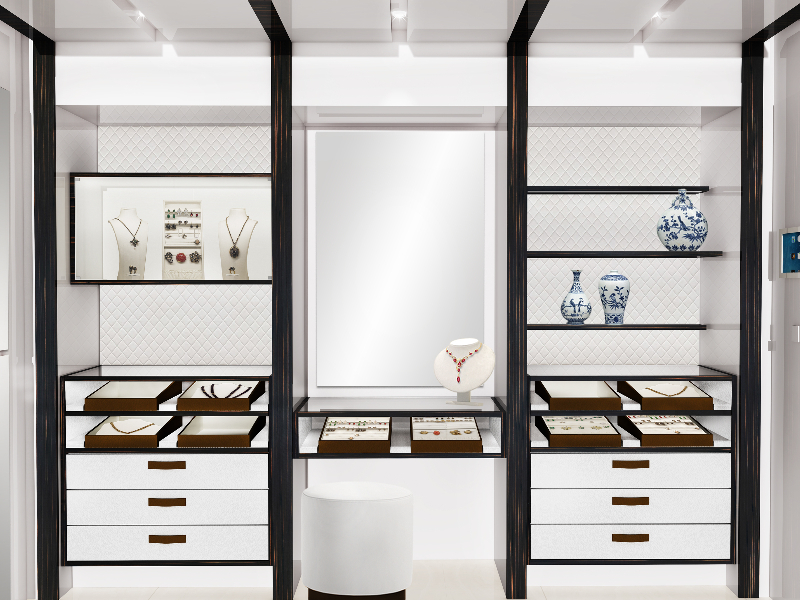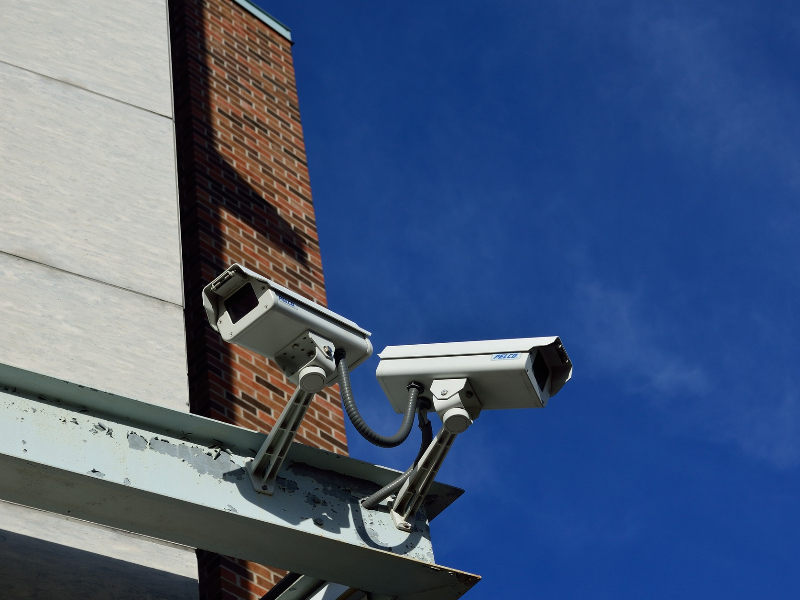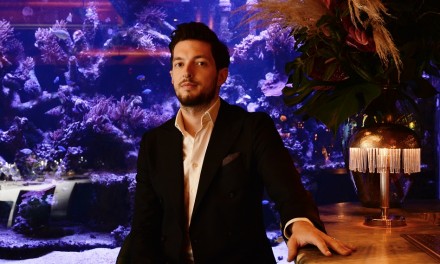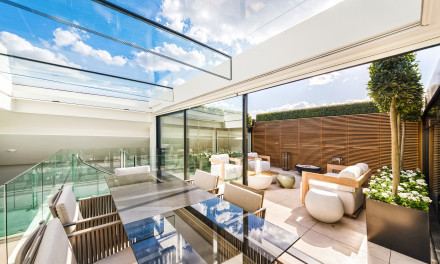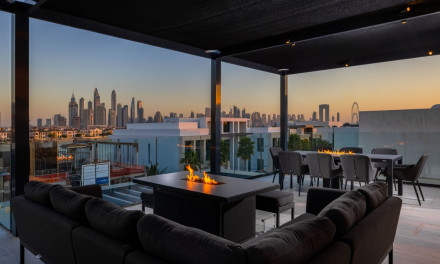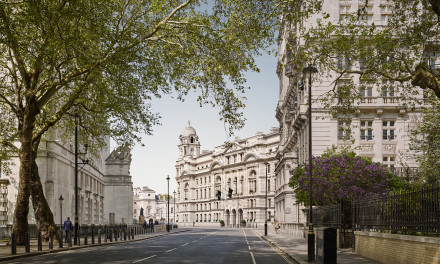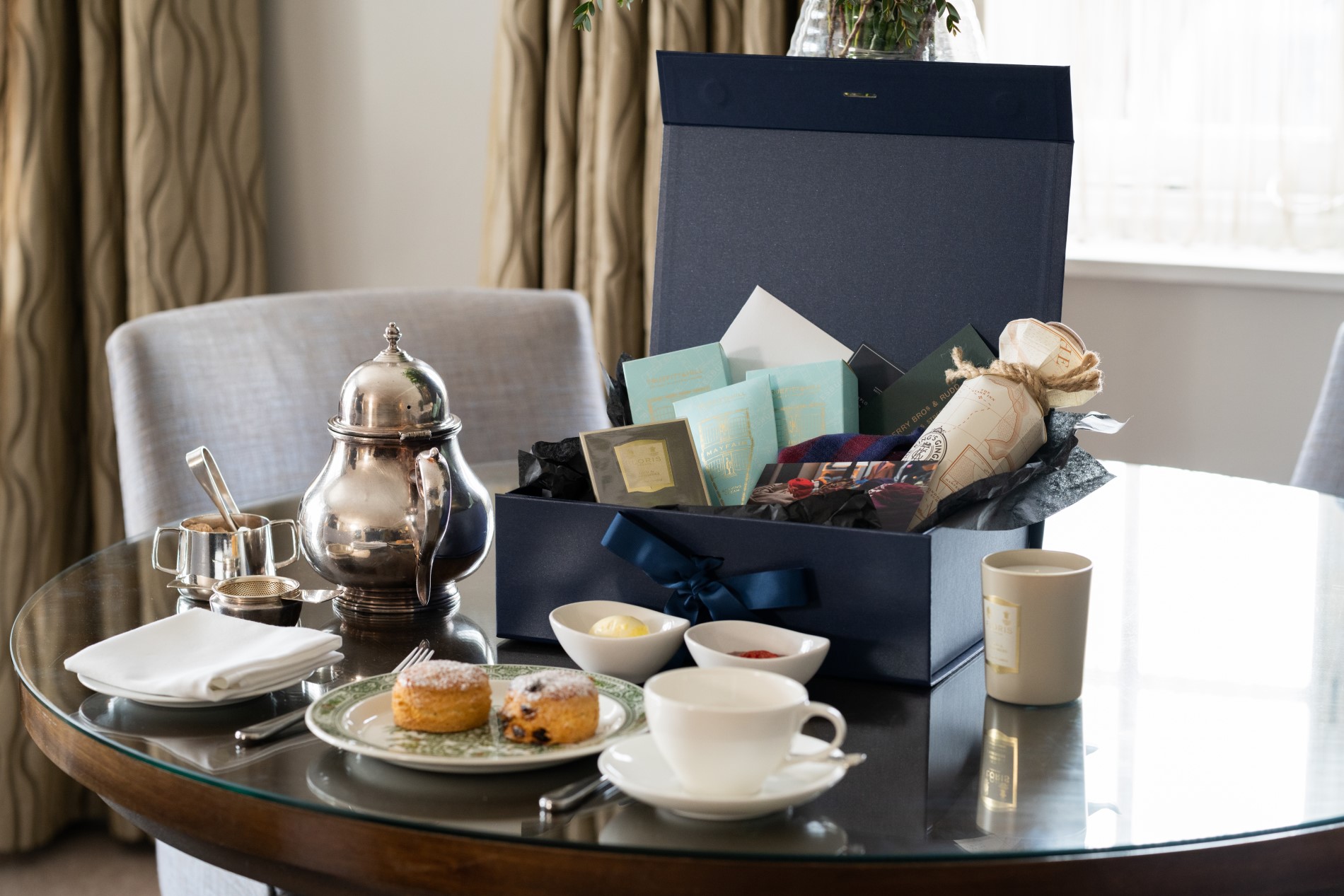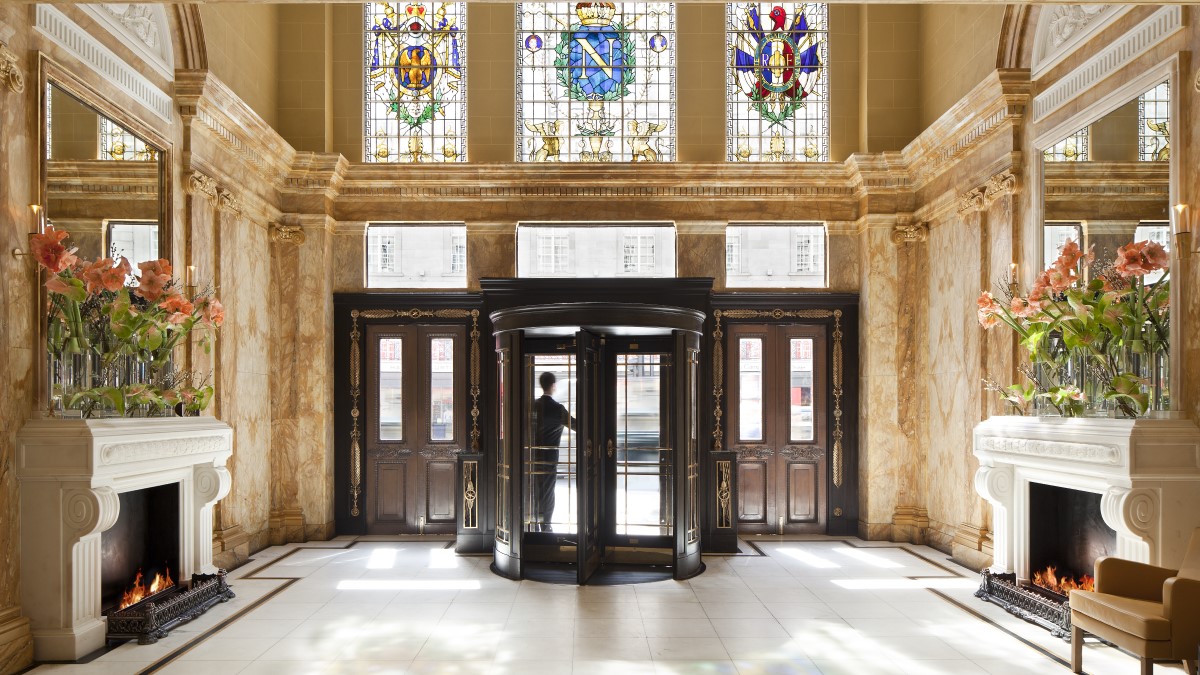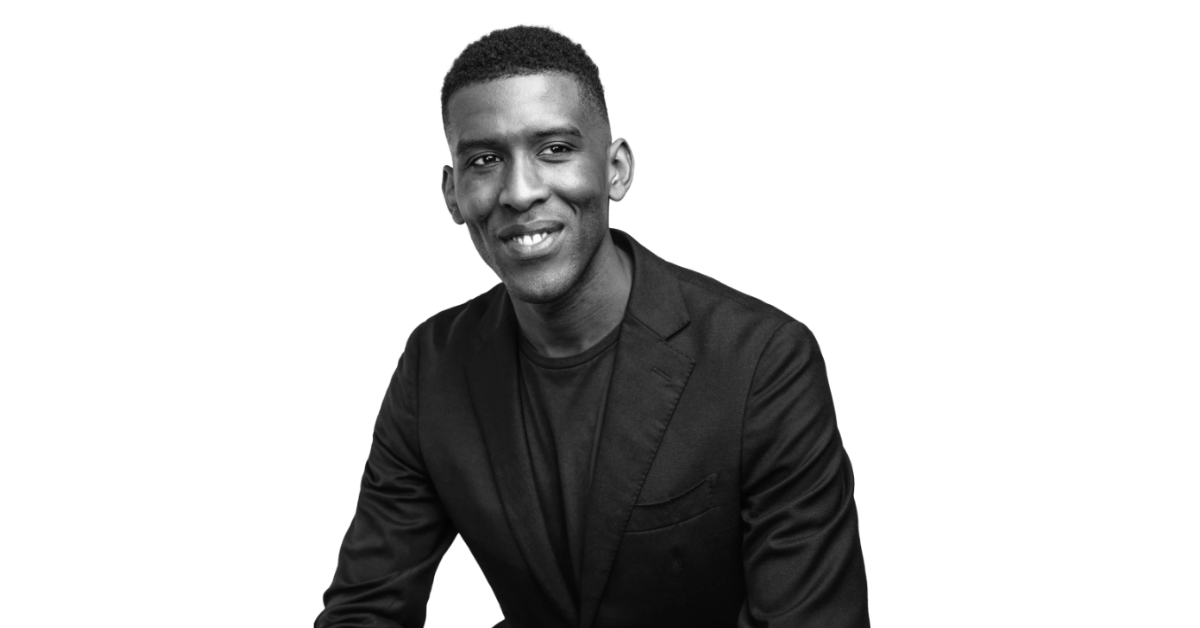The one thing you absolutely cannot put a price on? Safety. From panic rooms to hotel security, here are what the UHNWs are prioritising, and who they’re turning to.
Words by Charlotte Pasha
Muggings and robberies are a sad fact of life, but with a recent spate of headline-grabbing incidents, from a smash-and- grab burglary at the home of chef Marcus Wareing (thieves flew over from Chile to ransack his house), to 2019's terrorist attacks on three hotels in Sri Lanka, security is increasingly in the spotlight.
Homes in Mayfair and St James’s are among the most exclusive in the world and with precious jewels and priceless artwork, a lucrative prospect for criminals.
One way to feel more secure at home, against the backdrop of these uncertain times, is to install a panic room.
“A panic or safe room is a secure retreat in case of attack from would-be house robbery, attempted kidnap or assassination,” says Paul Weldon, founder and managing director of The Panic Room Company.
The point of panic rooms? “Creating a viable usable space with the ability to summon third-party assistance for a short period of time,”
…says Roberto Fiorentino, chief executive officer of Croma Security Solutions Group Plc. “They are usually bullet proof and contain good communication, along with links to CCTV, emergency lighting and in some cases, they will have welfare facilities, water and emergency dried food. This depends on the design and where in the world you are.”
There is a lot to think about. “Clients don’t often consider how to get all family members into the room during an attack,” says Fiorentino. “It is of no use to leave someone behind, since this will be used by the attackers to draw you out with the threat of harm to the remaining occupants. If the attack is for high- value items or to take a principle (kidnap or more seriously to eliminate the principle), it would be extremely easy to have left a child outside that was too far away or simply did not make it into the panic room in time.”
Another thing to consider is “the human response to an attack, which renders many unable to process the simplest of tasks for no other reason than fear.” Not much use having a panic room if you’re too frozen on the spot to run there. “Therefore, it is imperative at these times that the client has limited things to think about and that they have carried out test runs,” Fiorentino says.
But not all panic rooms are created equally. Some are more elaborate than others; the Duke and Duchess of Cambridge reportedly have one that could see off biological warfare.
Italian company Agresti, which oversees the panic room department at Harrods, will create a space in your home called a ‘Strong and Panic room’ that can both store jewellery and watches, acting as a seriously superior safe, or act as a panic room in case of emergency.
It will have the likes of biometric-opening doors, an alarm to the police, chilli pepper diffusers to use against the burglars and a full first aid kit.
Weldon says: “In some cases, we have hidden access to safe rooms with false panels and mirrors. We were also asked to look at a project for a new panic room in a basement to double up to secure artwork, fine wines and a whisky collection.” As for the cost: “A secure panic room pod starts at £10,000 and can run to a million.”
Home aside, you’re particularly vulnerable when checking into a hotel, with passport, cash and valuable luggage. Enter Global Secure Accreditation (GSA). The company was founded by a team that includes former senior police officers, counter terrorism specialists and UK military, and it works to provide security assurance at hotels. Together with SFJ Awards, they have created a new assessment system for hotel security, giving accreditation once assessed.
“The comprehensive assessment process examines whether a hotel has relevant policies, procedures and equipment available which are likely to be effective, together with a good level of preparedness in preventing, mitigating or managing a variety of hotel security incidents,” says Brian Moore, director of Global Secure.
GSA operates all over the world, including in the likes of Dubai. Of course, “the hotel security standards ‘flex’ according to the risk and threat profile of the hotel, which takes into account the city and country risks where the hotel is located”, Moore says.
Royal Lancaster London is the first London property to receive accreditation from Global Secure. “We are in discussions to deliver security accreditation to a very prestigious hotel in Mayfair, which is part of a chain of privately-owned hotels operating in London and internationally,” Moore says.
There is no such thing as guaranteed safety. But arming yourself with information and as much protection as possible, both at home and when travelling, is a good place to start.
A longer version of this article appeared in Mayfair Times.
Find similar stories in the Property section of our website.

